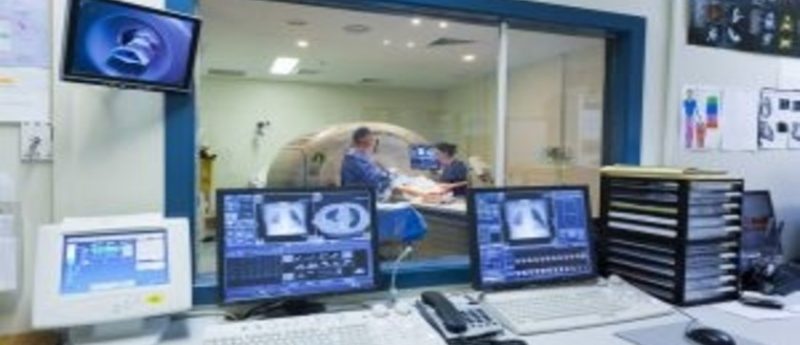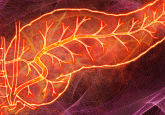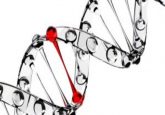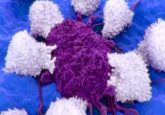Potential contributing factors to pancreatic cancer identified

New research carried out at the University of Glasgow (UK) has added to the current knowledge relating to the development of pancreatic cancer. The team led by Andrew Biankin hope that individuals at higher risk of developing the disease will be easier to identify accurately.
The study recently featured in the American Cancer Society’s (ACS) journal, CANCER.
Pancreatic cancer is notorious due to its poor prognosis; the 5-year survival rate is less than 5%. In addition to this, only 10–20% of patients undergo surgery and of these up to 80% still die. Pancreatic cancer cases are also on the rise, with 46,420 people estimated to be diagnosed in 2014.
The study’s authors suggest, positively, that there is a 10–20 year period from the initial cancer causing mutation to the disease existing in advanced form. This offers the chance to intervene, but only if the cancer is detected.
Previous studies have shown that some cases of pancreatic cancer run within families. That said, little is known of the genes that are responsible for this hereditary disposition.
Biankin’s team analyzed 766 pancreatic cancer sufferers, who were defined as having an ‘inherited disposition’ if they had one or more first-degree relatives with the disease. Sufferers who did not fulfil this criterion were defined as ‘sporadic’.
Almost 9% of the studied patients had first-degree relatives with pancreatic cancer. It was found that these patients tended to have a greater proportion of pre-cancerous tissue in the adjacent area to their cancer than those in the sporadic group.
The team also discovered that there was a higher risk of members of families affected by pancreatic cancer also developing other types of cancer, including melanoma. Familial pancreatic cancer sufferers were found to be more than twice as likely to have relatives with other forms of cancer as those with sporadic cancer. Active smoking correlated with a younger diagnosis age in both familial and sporadic pancreatic cancer.
“These findings are important because they suggest that the genes we inherit from our parents, likely play a significant role in our lifetime risk of developing pancreatic cancer,” said Biankin.
“Secondly, they emphasize that when assessing someone’s individual risk of developing pancreatic cancer, it may be important to assess not just family history of pancreatic cancer but other malignancies too. Finally, our data emphasize the importance of smoking abstinence,” he continued.
In their conclusion, the authors recognize that strong clinical characterization of familial pancreatic cancer cases will be required to identify susceptibility genes. The authors also recognize the limitations of their study; they were unable to adjust their rates of extrapancreatic malignancy in the family members of patients for family size. Furthermore, the study gained information regarding first-degree relatives from the patients, meaning recall bias could affect the study outcomes.
Early pancreatic tumors cannot be detected by physical examination and symptoms can be scarce until the cancer has spread, meaning doctors can struggle to make early interventions. Thus, testing individuals who could be at increased risk of pancreatic cancer increases the chances of catching the cancer early.
Source: CANCER press release




